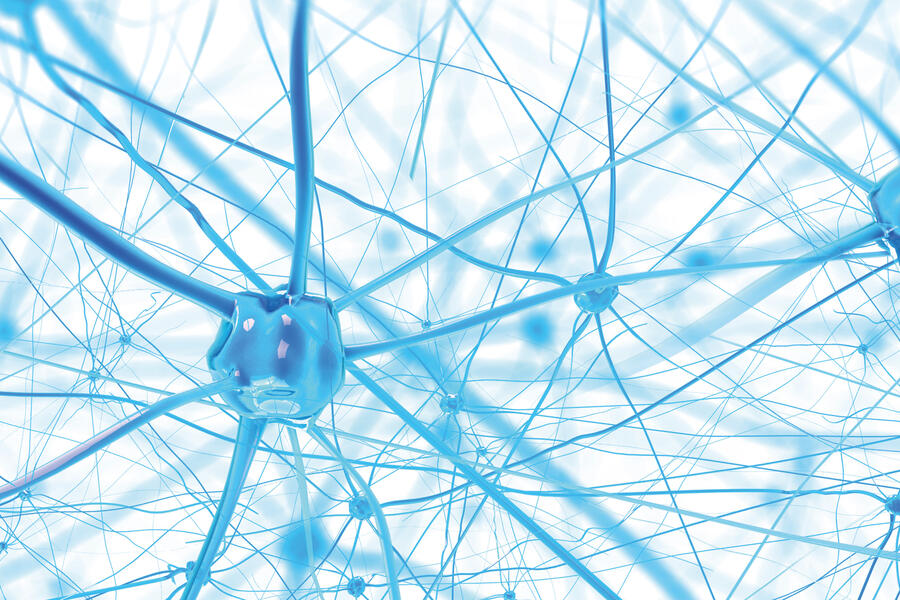The Temerty Faculty of Medicine at the University of Toronto is at the centre of one of North America’s largest biomedical research, education and clinical care networks. With 14 fully affiliated research-intensive hospitals — and dozens more community and clinical care sites — Temerty Medicine offers unparalleled opportunities in Canada’s most dynamic city for our more than 9,000 faculty and staff and 7,000 learners at all levels.
Feb 20, 2026
A new study from a team of Canadian and German researchers has uncovered never-before-seen details about what happens to proteasomes, the cell’s garbage disposal system, when there is not enough energy.
Feb 19, 2026
Renowned U of T researcher University Professor Lewis Kay's work has allowed scientists to study how molecular movements drive health and disease – potentially unlocking new cures
Feb 18, 2026
Reduce, reuse, recycle, and rethink can be applied in Canadian operating rooms to increase environmental sustainability, advises a new guideline published in the Canadian Medical Association Journal.

Upcoming Events
Feb 2
–
Mar 30
Ted Rogers Centre for Heart Research Education Fund Competition
Other |
9:00am - 9:00pm
Feb 10
–
Mar 10
Virtual Culinary Medicine Series
6:00pm - 7:30pm
Feb
23
CPD Forum Webinar: Equity, Ethics, and AI in Program Development
Webinar |
12:00pm - 1:00pm
Feb
25
Undergraduate Summer Research Awards Deadline
ALL DAY
Feb
26
Introduction to GenAI for Supporting Scholarly Writing
Workshop/Seminar |
11:00am - 12:00pm
Feb
27
Let's Talk International Partnerships: Global Entrepreneurship Partnerships
Webinar |
11:00am - 12:00pm
Giving Back
The impact of donor support begins by enhancing the work of our clinicians, researchers and trainees but then resonates throughout the health-care system and ultimately serves to improve human health.




